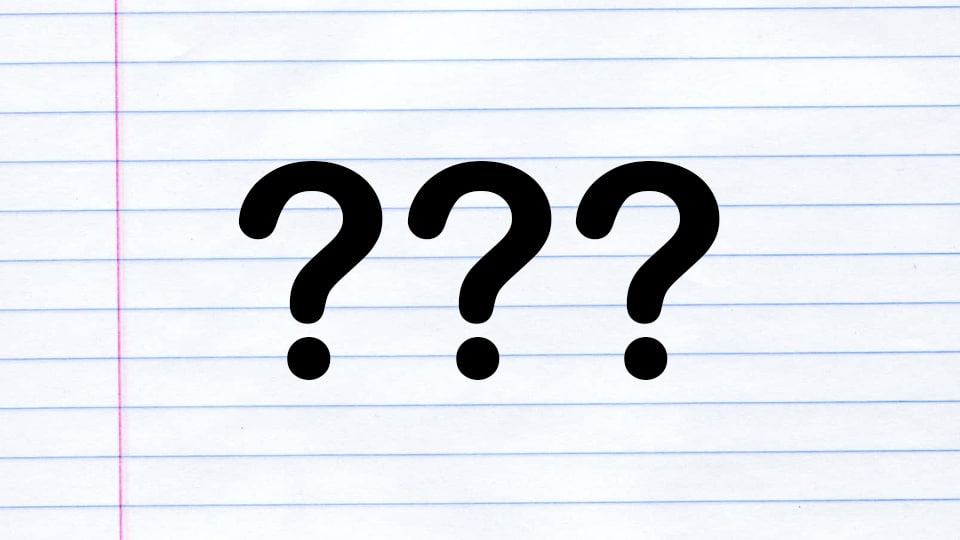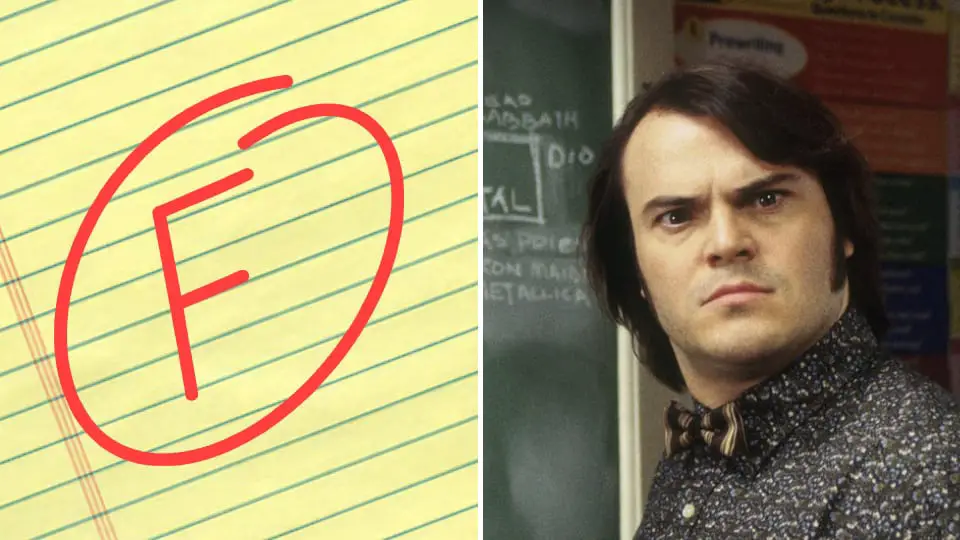_______ you understand Spanish people when you were in Spain?

Were
Could
Do
Was
Grammar Quiz
When was the last time you took a grammar quiz? If it’s been a while, then you’re in luck because you’re about to take one right now!
We all know that good grammar is important if we want to get your point across without any confusion. I mean, who wants to be misunderstood or look like a total idiot, right?
Whether you’re a college student who is a grammar pro or still trying to figure out the difference between “there,” “their,” and “they’re,” this easy quiz is the perfect way to test your grammar. We have 20 questions for you today, most of which are super easy, alongside 2 or 3 questions that are a little bit knotty to spic things up!
So, are you ready to flex your grammar muscles? Let’s dive in and see how you do!
What Is Grammar?
I’m sure you had heard the term “grammar” before and thought, “Ugh, that sounds boring.” But don’t let its reputation fool you! Grammar is actually a fascinating and essential aspect of language that helps us communicate clearly and effectively. So, what is grammar exactly?
At its core, grammar refers to the set of rules and principles that govern how we use language. These rules dictate how we form words, phrases, and sentences, as well as how we use punctuation, spelling, and syntax to convey meaning. Essentially, grammar is what allows us to make sense when we speak or write.
Now, You might be thinking, “But I speak and write just fine without worrying about grammar!” And that may be true to an extent. But have you ever read a sentence that was so convoluted or confusing that you had to re-read it several times just to understand it? Or have you ever written something that you thought made perfect sense, only to have someone else point out a mistake or misunderstanding?
That’s where grammar comes in. By following the rules of grammar, we can ensure that our language is clear, accurate, and consistent. We can avoid misunderstandings and miscommunications, and we can convey our ideas in a way that resonates with whom we are speaking with.
So, whether you’re a native speaker or learning a new language, understanding the basics of grammar is crucial. Luckily, there are plenty of online resources available to help you learn and master the rules of grammar. From books and classes to online tutorials and interactive tools, including our grammar quiz, there’s no shortage of ways to improve your grammar skills.
In short, grammar may not be the most exciting topic in the world, but it’s a vital part of the language that can help us communicate effectively and avoid confusion. So, next time someone asks you, “What is grammar?” you can confidently reply, “It’s the set of rules and principles that make language make sense!”
Common grammar mistakes in English
English is a tricky language, full of rules and exceptions to those rules. It’s no wonder that even native speakers sometimes make mistakes. Let’s take a look at some common grammar mistakes in English and how to avoid them.
- Subject-verb agreement: This is a fancy way of saying that the subject and verb in a sentence should agree in number. For example, “She runs” is correct, but “She run” is incorrect. Make sure to pay attention to if the subject is singular or plural when choosing the correct verb form.
- Using apostrophes incorrectly: Apostrophes are often used to show possession or to indicate a contraction. But they are frequently misused. Remember, apostrophes should not be used to make a word plural. For example, “I have three cat’s” is incorrect, while “I have three cats” is correct.
- Confusing homophones: Homophones are words that sound the same but have different meanings and spellings. Examples include “they’re/their/there,” “your/you’re,” and “its/it’s.” be sure to use the correct word depending on the intended meaning.
- Misusing commas: Commas are often used incorrectly or not at all, which can make a sentence confusing or difficult to read. Some common mistakes include using too many commas, not using enough commas, and placing commas in the wrong spot. A good rule of thumb is to use commas to separate items in a list or to set off non-essential information.
- Confusing adjective and adverb forms: Adjectives are used to modify nouns, while adverbs are used to modify verbs, adjectives, or other adverbs. For example, “She sings beautifully” uses the adverb form of beautifully, while “She has a beautiful voice” uses the adjective form of beautiful. Make sure to use the correct form depending on how it’s being used in the sentence.
Grammar Quiz Questions & Answers
- Were
- Could
- Do
- Was
- His
- My
- Their
- Your
- Little
- A few
- Few
- Much
- Open
- Will open
- Opened
- Opening
- Few
- A piece
- Some
- Piece
- Much
- Few
- Many
- Little
- /
- A
- Many
- The
- Teaches
- Teach
- Teaching
- To teach
- To
- On
- In
- At
- An
- Many
- A
- The
- Be
- Are
- Am
- Being
- The taller
- Tallest
- Taller
- The tallest
- Do
- Am
- Are
- Does
- The goodest
- Better
- The best
- Gooder
- My
- Herself
- Hers
- Your
- Have been
- Are
- Is
- Were
- His
- Theirs
- Your
- Him
- Cleans
- Cleaning
- Clean
- Is cleaning
- Him
- Her
- Them
- You
- Long
- Young
- Old
- Much



